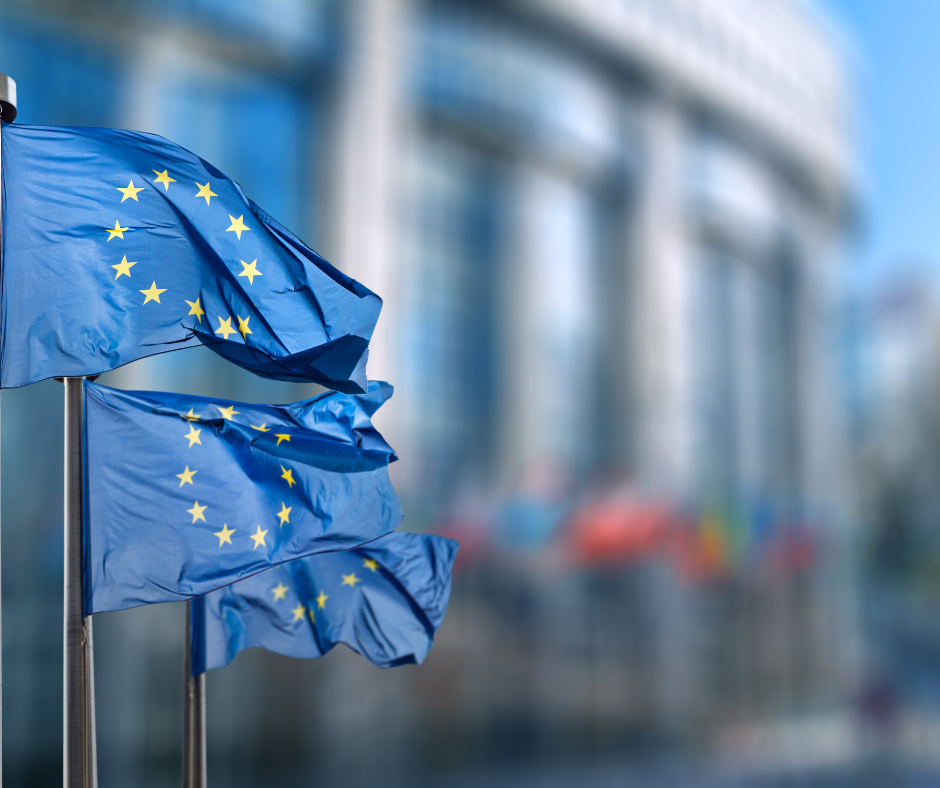The Serbian authorities continued to declare EU membership as their strategic goal, but the actual pace of implementation of reforms has slowed significantly, a European Commission report debated by the European Parliament said.
Serbia needs to deliver on credible reforms across the board, most importantly in the area of the fundamentals of the accession process as well as in accelerating acquis alignment, including progressive and stronger alignment with the CFSP. Serbia also needs to take much more responsibility for proactive and more objective communication on Serbia’s EU accession process and needs to avoid anti EU rhetoric, it said.
Meeting Serbia’s objectives for EU accession negotiations requires strong political will, a whole-of-society approach, effective policy planning and coordination, along with sufficient human and financial resources for EU accession across all institutions involved. There is an anti-EU narrative evident not only in Serbian media outlets but also used by political office holders, including at highest levels. As a matter of priority, the Serbian authorities still need to take much more responsibility for proactive and more objective communication on Serbia’s EU accession process and the EU and for countering disinformation and information manipulation.
It warned that the polarization in Serbian society has deepened against the background of mass students’ and citizens’ protests taking place across Serbia since November 2024, reflecting disappointment of citizens over corruption and the perceived lack of accountability and transparency, coupled with instances of excessive use of force against protestors and pressure on civil society.
Serbia’s rate of alignment with the CFSP remains low. Serbia continued to cooperate with the EU on sanctions circumvention but needs to improve its rate of alignment significantly to advance on its EU path. The fast-track acquisition of visa-free travel rights to the EU for nationals of Russia by granting them Serbian citizenship poses potential security risks for the EU.
Similarly, arrests and other coercive measures applied in the context of demonstrations in Georgia, but also in Serbia have a chilling effect on civil society, aggravated by verbal attacks and smear campaigns including by high-level officials.
For both Kosovo and Serbia, advancing on their respective EU path continues to depend on meaningful progress in the normalisation of their relations. Domestic political preoccupations on both sides have hindered decisive steps towards implementing the 2023 Agreement on the Path to Normalisation and its accompanying annex. In the absence of constructive engagement, both parties risk missing major opportunities. Moving forward on normalisation of relations is also a requirement under the Reform and Growth Facility for the Western Balkans.
Under the EU-facilitated Dialogue, both Serbia and Kosovo are expected to implement all of their respective obligations stemming from the Agreement on the Path to Normalisation and its Implementation Annex, as well as all past Dialogue agreements. The EU-facilitated Dialogue aims to promote cooperation, achieve progress on the path to the EU and improve the lives of the people, the report said.
The report recalled
Source: N1




